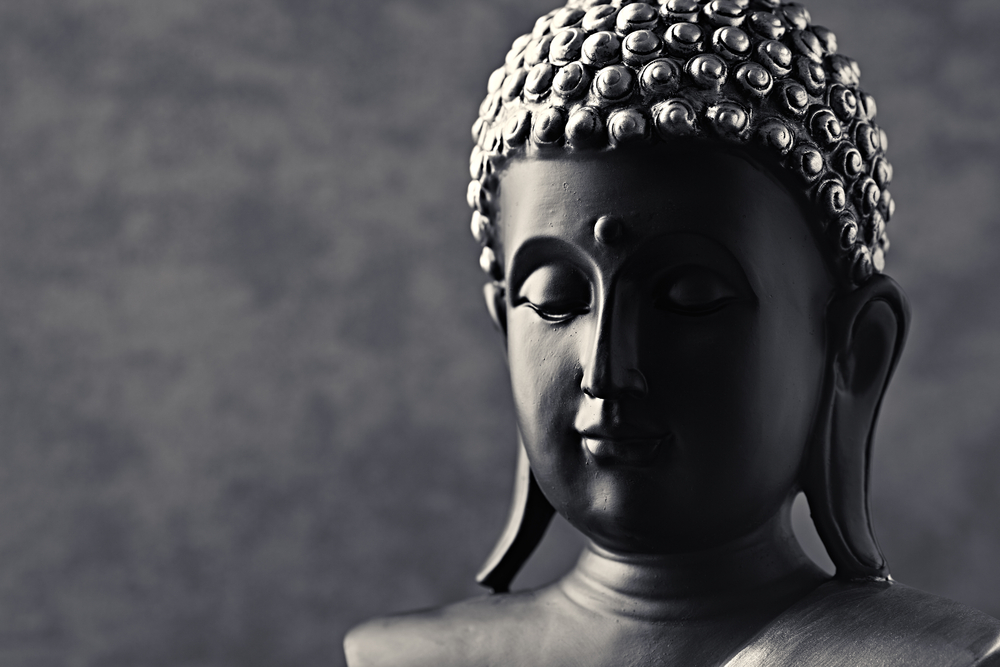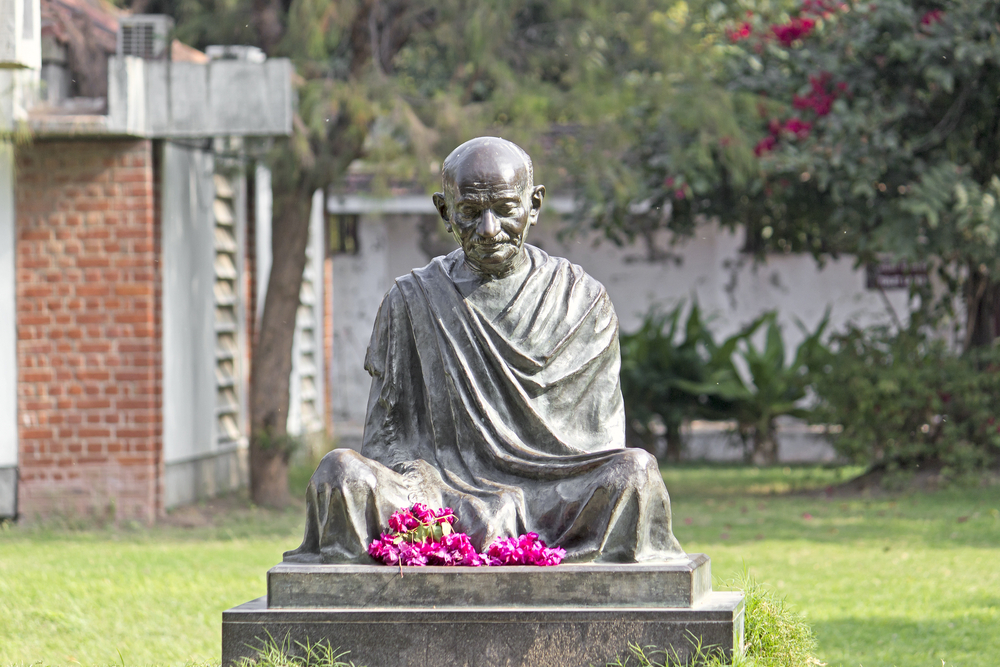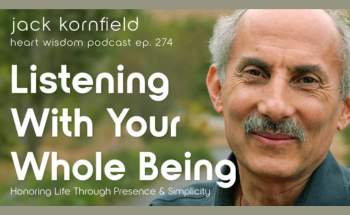Like the mother of the world who carries the pain of the world in her heart, you are sharing in the totality of this pain and are called upon to meet it in compassion and joy instead of self-pity.—Sufi master Pir Vilayat Khan
Each person carries their own measure of confusion and sorrow. Buddhism teaches that we suffer not because we have sinned but because we cannot see. Compassion is the natural response to this; it arises whenever we see our human situation clearly. Buddhist texts describe compassion as the quivering of the heart in the face of pain, as the capacity to see our struggles with “kindly eyes.” We need compassion, not anger, to help us be tender with our difficulties and not close off to them in fear. This is how healing takes place.
Beneath the sophistication of Buddhist psychology lies the simplicity of compassion. We can touch this compassion whenever the mind is quiet, whenever we allow the heart to open. Unfortunately, thick layers of ignorance and trauma can obscure our compassion. On the global scale, ignorance manifests as injustice, racism, exploitation, and violence. On a personal scale, we see our own states of envy, anxiety, addiction, self-judgment, and aggression. When we take this to be the end of the story, we limit the possibility of human development. We do not have to identify with the unhealthy inner habits that cause us pain. We are not our fear, grasping, anger or confusion. With compassion and courage, difficult states become empty phantoms, impostors, appearances that are not real. In their stead, an inner world of well-being and balance grows.
In Buddhist psychology, compassion is not a struggle or a sacrifice. Within our body, compassion is natural and intuitive. We don’t think, “Oh, my poor toe or finger is hurt, maybe I should help it.” As soon as it is injured, we instantly respond because it is a part of us. Through meditation we gradually open the boundaries of consciousness to compassion for all beings, as if they were part of our family. We learn that even when our compassion is lost through fear and trauma, it can be reawakened. We all have moments when the openness and beauty of our Buddha nature shines.






